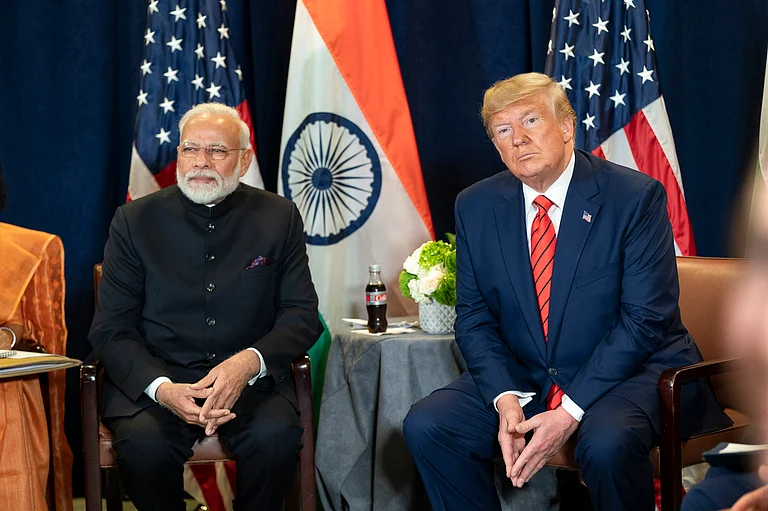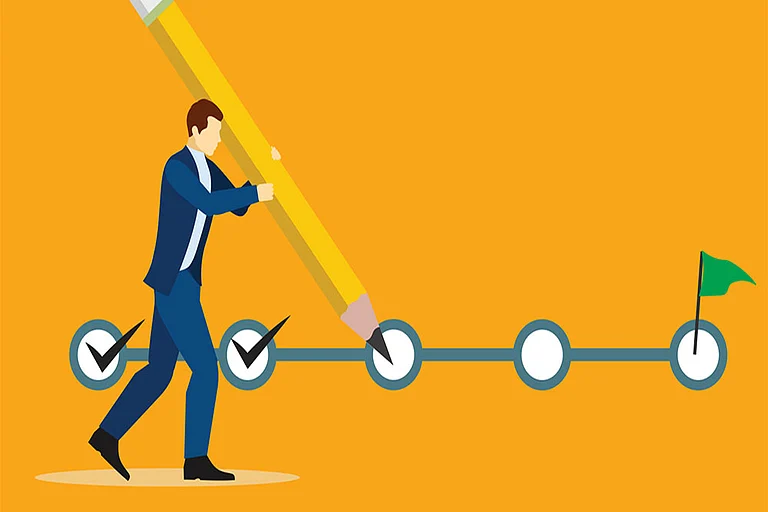In Indian homes, the term "succession" is frequently whispered, postponed, or ignored entirely. However, with property conflicts on the rise and nuclear families becoming the norm, a clear succession plan is no longer a luxury—it is a must. Succession isn't only about assets. Wealth transfer includes emotional and relational wellness among families. Even if they are legally valid, ambiguous or uneven distributions might cause disagreements. Some families prefer family meetings or even video wills, in which the testator explains their rationale. Courts may not treat these.
Whether it's an ancestral property, a fixed deposit, or digital assets, efficient succession planning guarantees that your assets are passed easily and lawfully. However, many families continue to depend on verbal assurances and out-of-date documentation, which leads to misunderstanding and conflict.
Why Every Family Needs a Will
Despite growing awareness, only about 20-25 per cent of Indian elders have a registered will. Many people assume it is something to worry about "later"—but that is frequently too late.
A will is a legal document that specifies how your assets will be allocated upon your death. It overrides personal laws and clarifies succession, minimizing the likelihood of legal disputes between heirs. Writing a will is straightforward. It does not have to be on stamp paper. It only needs to be:
• The will must be in writing, signed by the testator, and attested by two witnesses who are not beneficiaries
• A will can be filed with the local Sub-Registrar's office to provide it with further legal protection
• Registration is not required, although it adds authenticity
Understanding Indian Succession Laws
If a person dies without a will (intestate), then personal laws based on religion take over:
• Hindus, Sikhs, Jains, Buddhists: Governed by the Hindu Succession Act, 1956
• Muslims: Governed by Muslim Personal Law (Shariat)—different rules apply to sons, daughters, spouses, and even distant relatives
• Christians and Parsis: Governed by the Indian Succession Act, 1925
Recent Change (2023):
The Supreme Court confirmed daughters' equal rights to ancestral property, regardless of whether the father was alive in 2005 when the legislation was modified. This has helped to settle several conflicts in favour of female heirs.
However, religious and legal distinctions can cause difficulty. That is why, regardless of faith, making a will is the clearest answer.
Nominee Does Not Mean A Legal Heir
One of the most prevalent financial planning misconceptions is believing that designating a nominee for a bank account or mutual fund guarantees they will inherit the funds. That is not true.
A nominee is only a caretaker and not a legal heir. Unless the nominee is also named in the will, they may have to pass the funds to the proper heir(s), which might lead to disagreements.
Pro tip: Ensure your will and nominations are consistent across bank accounts, insurance policies, demat accounts, and mutual funds.
Consider joint accounts, where the "either or survivor" condition might facilitate access for spouses or children after death.
Power of Attorney: Planning for Incapacity
Succession planning is concerned with more than simply death; it also addresses disability. A Power of Attorney (PoA) empowers a trustworthy individual (typically a family member) to handle your funds or property if you are unable to.
There are two kinds OF Power of Attornies.
• General Power of Attorney: Used for extensive powers, such as managing several properties or bank accounts.
• Special Power of Attorney for a specific job, such as selling a single property.
In the event of elderly parents living alone, it is advisable to get a registered Power of Attorney with restricted but necessary powers. When a person dies, the power of attorney becomes void; this is frequently misinterpreted.
Digital Wills & New Age Tools
As more Indians go digital, succession planning tools are expanding too.
In 2024, platforms such as LegalKart, WillStar, and EZWILL have made it simple to create an online will—often in less than 30 minutes. Some provide video consultations, legal evaluations, and secure digital vaults for storing your will and papers.
DigiLocker (Govt. of India) now accepts scanned versions of registered wills, property documents, and nomination papers, making them easily accessible for family members in an emergency.
Another growing idea is the Digital Asset Will. With Indians investing in cryptocurrencies, NFTs, and online enterprises, it is critical to include digital asset access, passwords, and account ownership in your will.

















